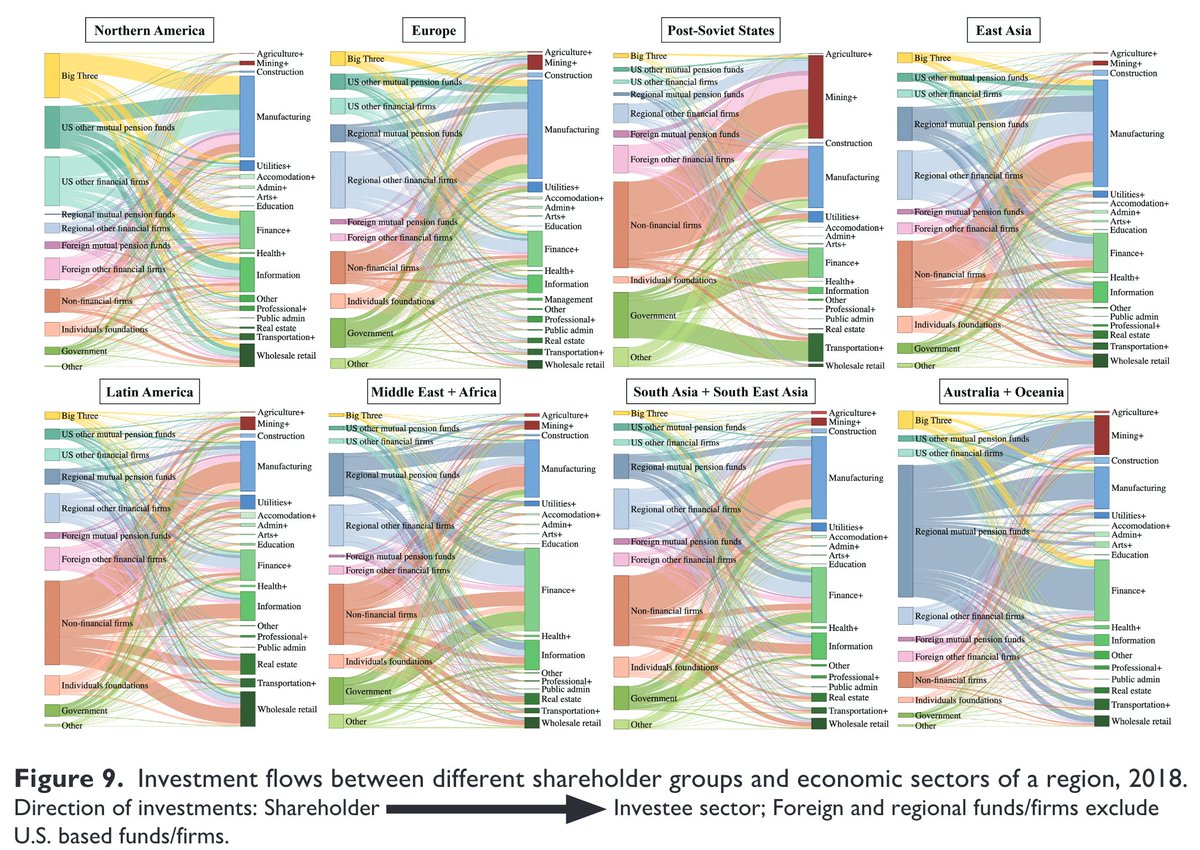Starke Recherche über einen heftigen Fall von #MeTooScience. Die @UniCologne sieht extrem schlecht aus, die Argumentation ihrer Justiziarin bei der "Vernehmung" ist ein Skandal.
Hoffentlich bald ohne Paywall, @derspiegel? Bis dahin, das wichtigste im 🧵.
spiegel.de/panorama/bildu…
Hoffentlich bald ohne Paywall, @derspiegel? Bis dahin, das wichtigste im 🧵.
spiegel.de/panorama/bildu…

Der Mann ist weiterhin Prof und beschäftigt weiterhin wissenschaftliche Mitarbeiterinnen an der @UniCologne 





Ich hab ja auch schon internationale Wissenschaftler*innen abends in Köln ausgeführt. Komisch, noch nie hat jemand gefragt, wann es denn nun endlich in den Stripklub gehe. 

Das letzte Wort soll die Justiziarin der @UniCologne haben: "Das Wort »wichsen« habe bei Möller eine »besondere Wortbedeutung abseits von der allgemeinen Wortbedeutung«" 

Es hat übrigens nur eine Google Minute gedauert, den Professor zu identifizieren.
Solidarität mit Victoria S. und Franziska S., und mit der von ihnen gegründeten #MeTooScience Initiative.
Das ganze natürlich eng verwandt mit #IchbinHanna.
spiegel.de/panorama/bildu…
Solidarität mit Victoria S. und Franziska S., und mit der von ihnen gegründeten #MeTooScience Initiative.
Das ganze natürlich eng verwandt mit #IchbinHanna.
spiegel.de/panorama/bildu…
Dank an die Autor*innen, @laloeffelstiel und @lukaseberle.
• • •
Missing some Tweet in this thread? You can try to
force a refresh

































